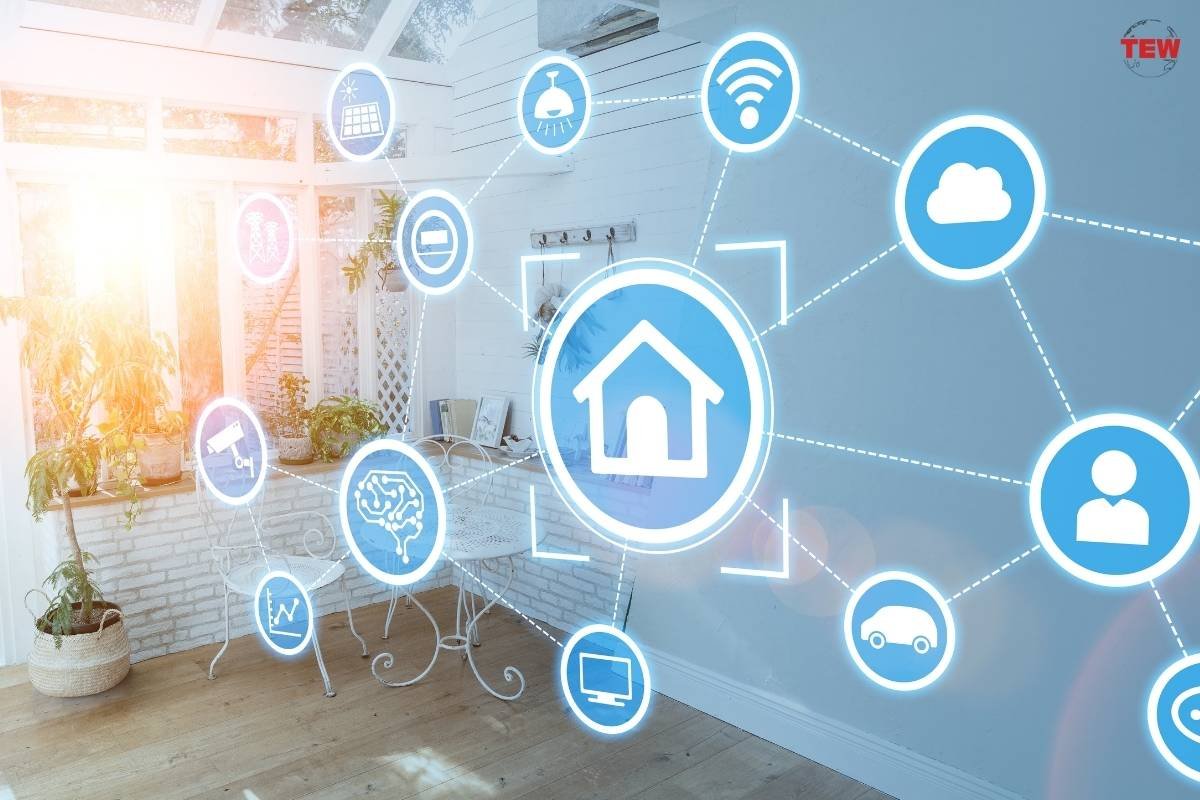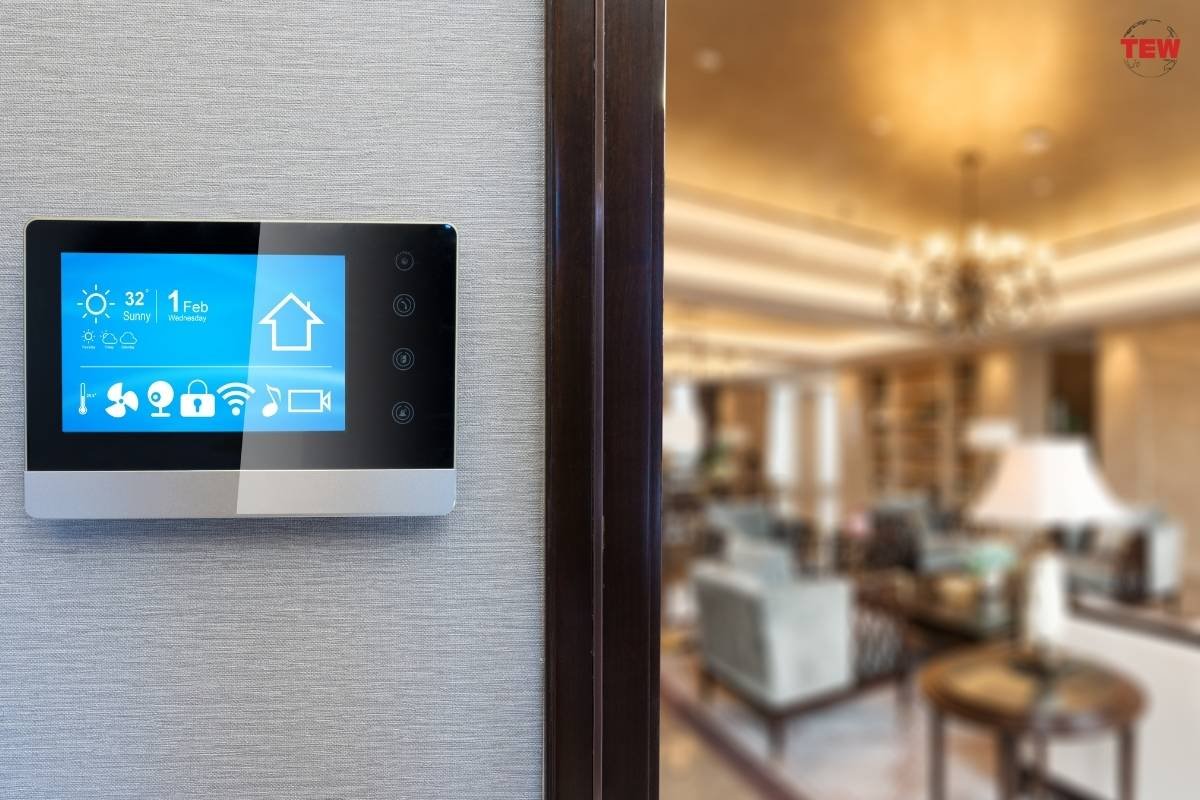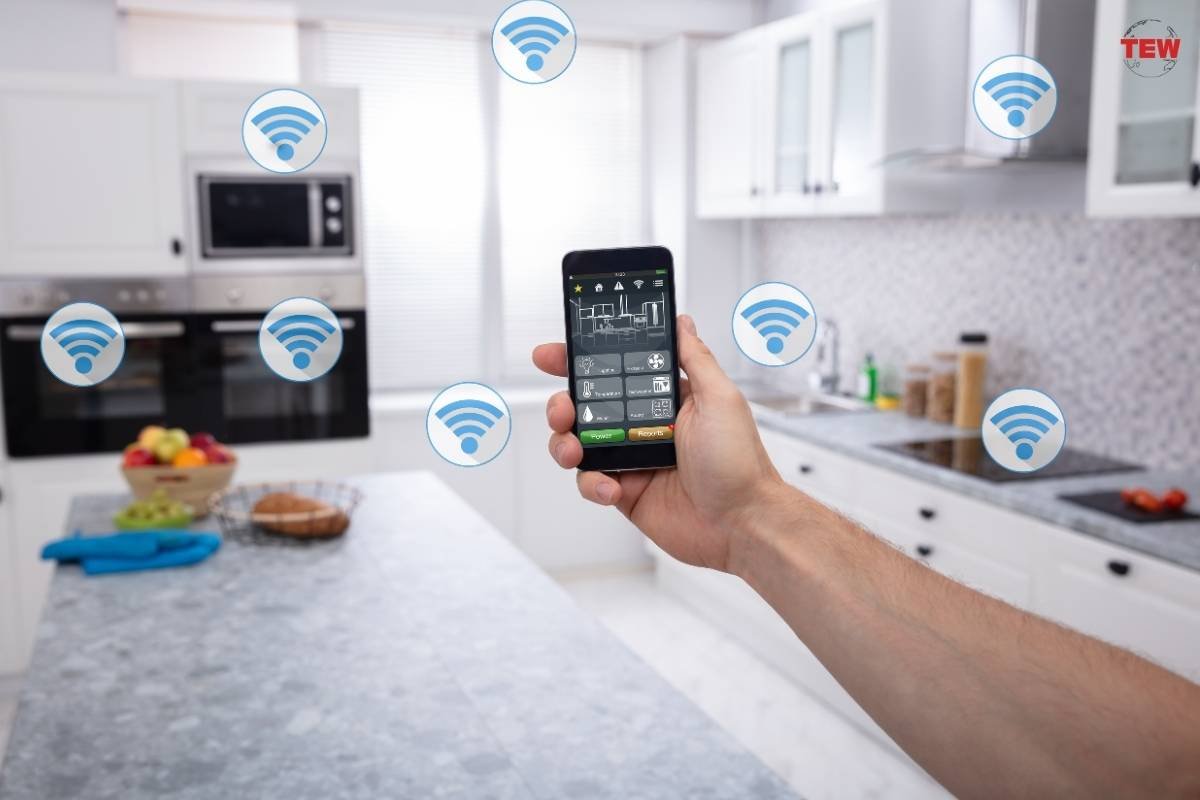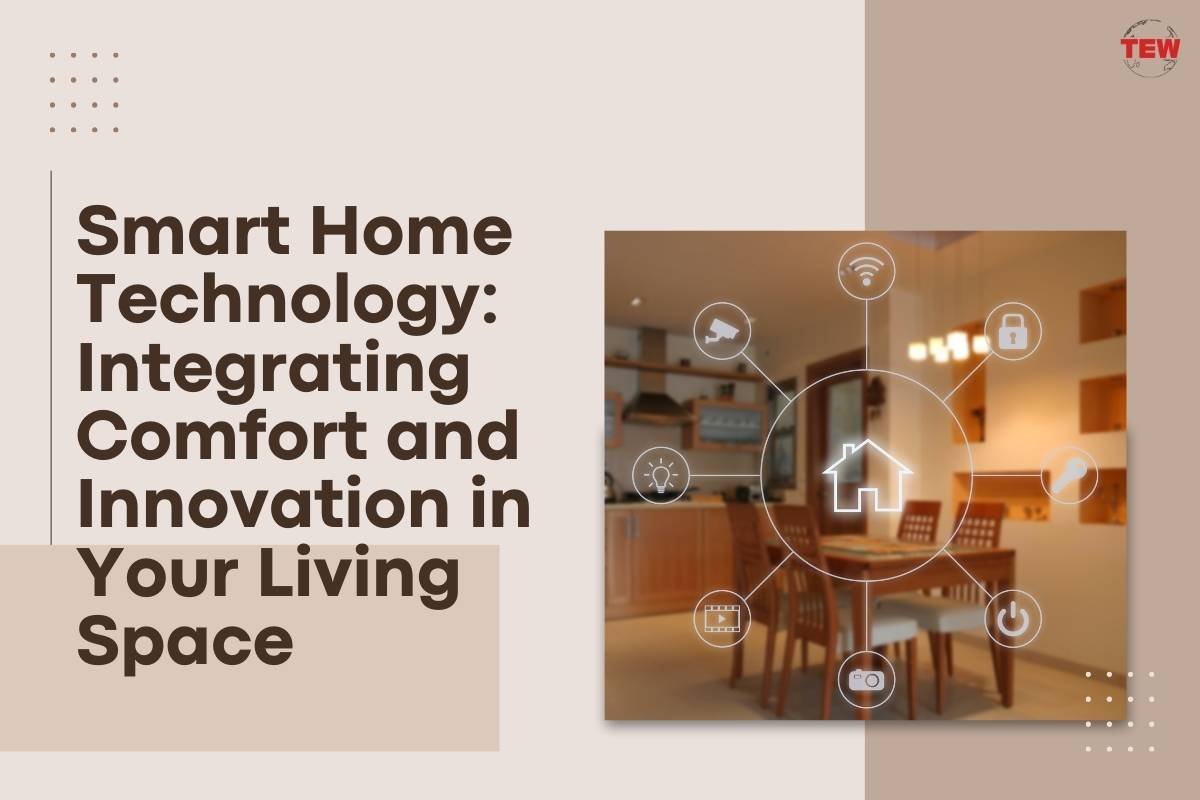The idea of the “AI in smart home” has been a big trend in the new way we live our lives, with many promises of making life easier, better, and safer. In a smart home, different devices and systems can talk to each other to make a network that can be controlled and checked from anywhere. For example, you can have a thermostat that knows when you are on your way home, or security cameras that you can see live footage from. Smart homes use AI, or artificial intelligence, which plays a pivotal role in enhancing the functionality and intelligence of smart home systems.
Embracing AI for Enhanced Automation

Smart home devices that use AI are able to learn from their owners and adapt to their preferences. Similar to how AI Writing tools like justdone.ai comprehend and adjust to a writer’s goals, smart home devices can anticipate and automate tasks that happen every day without needing to be asked. The goal is to give users the best experience possible while using as little energy as needed and making their homes comfortable and efficient.
1. Intelligent Climate Control
One of the most significant advantages of AI in smart homes is evident in climate control systems. AI-powered thermostats, such as Nest Learning Thermostat, utilize advanced algorithms to analyze user patterns and adjust temperature settings accordingly. By learning your daily routines and occupancy patterns, these thermostats can automatically adjust the temperature to optimize comfort while minimizing energy consumption. Over time, they become more efficient, leading to potential energy savings and reduced utility bills.
2. Adaptive Lighting Solutions
People can customize how their AI in smart home lighting system lights up a room depending on what they like or are doing at the time. The lightbulbs are pretty smart since they can change how bright they are and what color temperature they give off, as well as set the mood, using AI that takes into account the hour of the day, how much sunlight is coming in through the windows, and what the user wants.
3. Enhanced Security Measures
By using AI in smart home security systems like cameras and smart surveillance systems have been able to differentiate between familiar faces and potential intruders, send real-time alerts, and even coordinate with other smart devices to deter threats.

These systems can tell the difference between people who belong there and people who don’t, let homeowners know right away if there’s something wrong, and work with other smart tools to keep everyone safe.
This means that people can always know what’s going on at home and that their place is always safe.
Future Outlook: AI in Smart Home Evolution
There is almost no limit to what smart homes might be able to do in the future as AI gets better. Homes might have predictive algorithms that can guess what you want even more accurately than they can now. Systems could figure out when something needs to be fixed right away and then fix it before anything breaks.

But as with all advances, there are privacy problems. To work, smart home devices need AI to gather and analyze a lot of personal data. Users need to know what information their gadgets are sending back to the companies that made them – and maybe to other people.
The key challenge for AI in this context is maintaining user trust, while also ensuring that these systems remain compliant with prevailing regulatory norms.
Final Thoughts
The way we live in our houses has been greatly changed by AI in smart homes. It is possible that smart home tech is the easiest and most comfortable way to make a home safe. With items like smart temperature control, adaptive lights, and better security features, it’s no wonder that people love this kind of AI tech in their homes. The next step for this market is to use even more AI so that smart homes can be even easier to use and more personalized for everyone who owns one.




